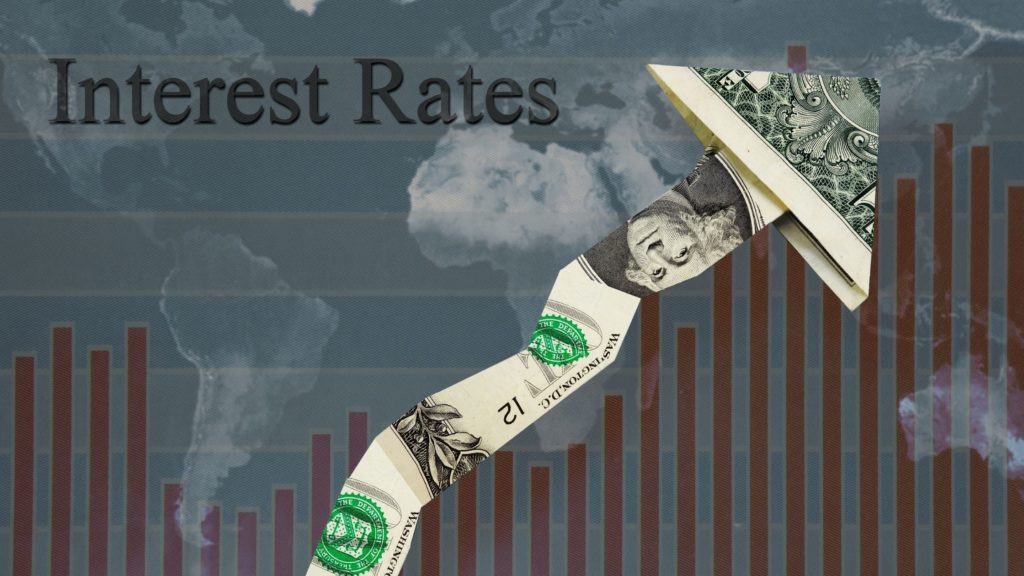Rising Interest on Mortgage | Higher Interest Rates on Mortgage Loans Singapore
Loans | Property
 by Priyadarshini
3 March 2023
by Priyadarshini
3 March 2023
Wish to buy a house? With Singapore’s interest rates rising, you may want to reconsider your capacity to meet such long-term mortgage obligations. Interest rates are constantly rising and it is natural for homeowners, prospective house purchasers, and property speculators to consider the impact on their mortgage (i.e. mortgage debt). We discuss the impact of rising interest on Mortgage loans.
Continue reading to learn why interest rates are rising, how interest rates affect mortgage rates, and why you should be cautious when obtaining a house loan for a new residential or investment property.
What is behind the rise in interest rates?
Because Singapore is a tiny, open economy, global market movements, particularly changes in US interest rates, have a significant impact on our domestic interest rates. The US Federal Reserve announced that many rate hikes are planned for 2022, with the first hike perhaps occurring as early as March. While no one knows how many rate hikes to expect, Goldman Sachs expects that the US Federal Reserve will raise interest rates four or more times this year due to the acceleration in inflation!
Effects of Rising Interest on Mortgage Loans?
Interest rates on a large part of Singapore home loan packages are connected to the Singapore Interbank Offered Rate (SIBOR) and the Singapore Overnight Rate Average (SORA), which are related to interbank exchange rates. Mortgage interest rates in Singapore are significantly connected with the benchmark Fed rate. When the Fed rate is dropped, Singapore’s mortgage interest rates will fall in lockstep with the Fed rate. When the Fed raises interest rates, so will our mortgage rates.
How Will Rising Interest on Mortgage affect Singapore’s Property Market?
Demand from private property investors is anticipated to be more restrained
Higher interest rates can make investment properties less appealing to investors because the increasing cost of borrowing makes such acquisitions more expensive overall. Aside from that, given that the Additional Buyer’s Stamp Duty (ABSD) has been dramatically increased for Singaporeans, permanent residents, and foreigners alike, it’s reasonable that the attractiveness of investment properties will plummet.
What might individuals anticipate in terms of private property prices? Private residential property prices are expected to rise by 0% to 3% year on year during the next 12 months, according to ERA. In 2022, fewer new private home launches are planned.
The rental market will continue strong
The rental market in Singapore is predicted to gain up steam in 2022 as a result of the progressive reopening of borders, allowing international expats, workers, and students to join the country. Construction snarls aren’t going away any time soon. People who require quick accommodation and those who cannot afford to buy a property may be forced to turn to the rental market. With or without an increase in mortgage interest rates, this might drive up rents by another 8% to 11% in 2022.
The HDB resale market is projected to continue to thrive
While the government has promised that public housing supply will be enhanced to meet growing demand, the HDB resale market is expected to continue thriving despite resale prices skyrocketing due to the epidemic. Why is this the case? Extremely long BTO wait times and building delays are the primary reasons why many people are turning to the resale market to find a place to live. Higher mortgage rates or not. The expected increase in BTO supply will not assist to resolve the current demand and supply imbalance.
Why should current and prospective homeowners be concerned about rising interest rates?
Mortgage interest rates in Singapore are expected to rise gradually as a result of the forthcoming Fed rate hikes. Borrowing at a greater cost results in more expensive home loans! Borrowers could expect increased overall interest payment amounts in addition to higher monthly home loan repayment amounts (and sting). As it stands, the rate increases will affect not only new homeowners but also existing homeowners who need to refinance their mortgages.
Because home loans are long-term financial commitments, the MAS had no choice but to warn Singaporeans to ‘exercise caution in taking on large new commitments, paying due regard to their ability to service long-term mortgage obligations, especially as interest rates are expected to gradually rise.
Home Loan | Education Loan | Personal Loan | Car Loan | Travel Insurance | Lifestyle | Real Estate | Career




